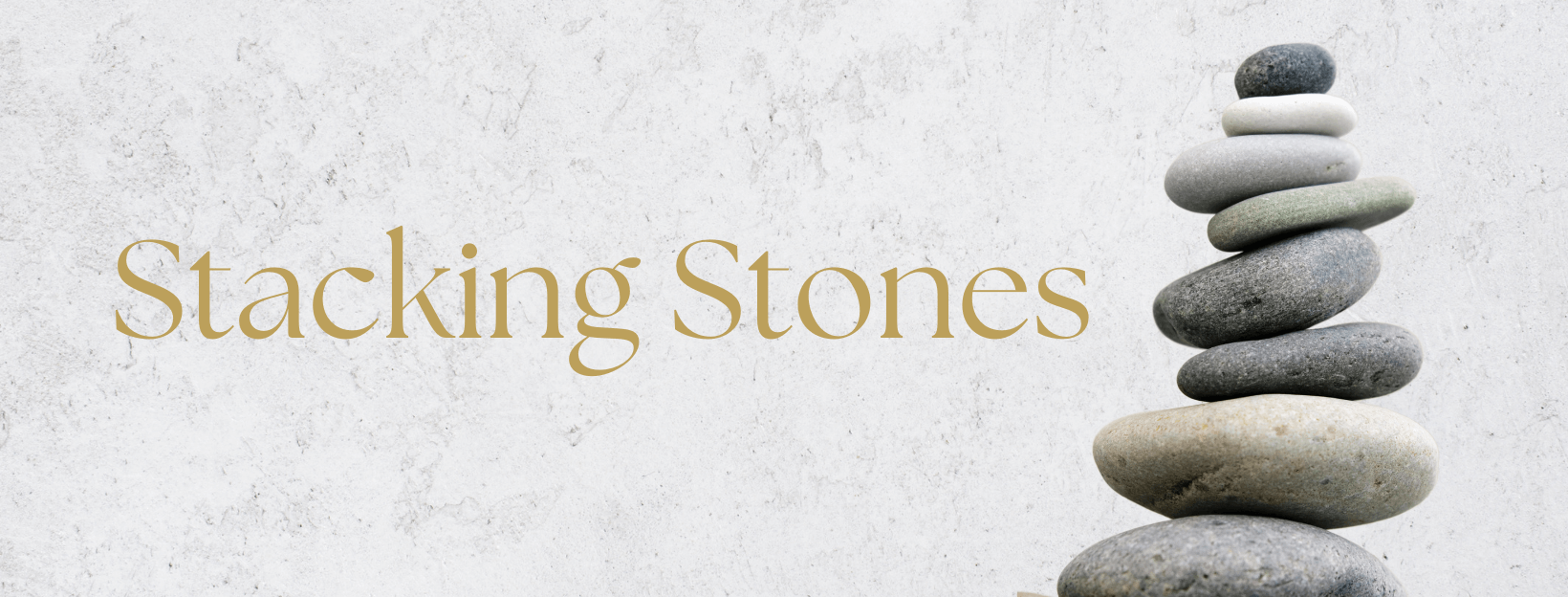
🧘♂️ A Sacred Science Exploration of superpowers we all have
What if your greatest power isn’t how much you get done—or how in control you seem—but how deeply present you are?
Mindfulness often gets marketed as a stress-reduction tool. And yes, it can lower stress—but across spiritual traditions and scientific research, mindfulness is revered as something deeper: a doorway.
A doorway into clarity, resilience, strength, compassion, and creativity—not by changing your life circumstances, but by changing your relationship to them.
Sacred Traditions Have Long Known This Truth:
🌀 In Buddhism, mindfulness (sati) is the first step toward liberation—seeing clearly so we suffer less and love more.
🌿 In Indigenous traditions, presence is how we listen—to the land, to spirit, to the rhythms of community.
💬 In Stoicism, mindfulness helps us pause, reflect, and choose a response aligned with our values.
🧬 In neuroscience, mindfulness practice actually rewires the brain—especially the default mode network (your brain’s “mind-wandering” circuit), decreasing overthinking and increasing awareness.
🌿 In Indigenous traditions, presence is how we listen—to the land, to spirit, to the rhythms of community.
💬 In Stoicism, mindfulness helps us pause, reflect, and choose a response aligned with our values.
🧬 In neuroscience, mindfulness practice actually rewires the brain—especially the default mode network (your brain’s “mind-wandering” circuit), decreasing overthinking and increasing awareness.
What Research Says About the Power of Mindfulness:
- Harvard studies show that mindfulness practice improves focus, memory, and emotional regulation—even after just a few weeks of practice.
- fMRI brain scans reveal that mindfulness shrinks the amygdala (the brain’s fear center) and strengthens connections in the prefrontal cortex, which supports decision-making and calm responses.
- A 2011 study in Psychiatry Research found that 8 weeks of mindfulness meditation increased gray matter density in brain regions associated with learning, memory, emotional regulation, and perspective-taking.
- Mindfulness-Based Stress Reduction (MBSR) and similar programs are now widely used to support people with chronic pain, anxiety, trauma, and even workplace burnout.
5 Superpowers Mindfulness Awakens in You
- Clarity – You become aware of the space between stimulus and response. You pause before reacting.
- Compassion – Toward yourself and others. (Mindfulness activates empathy circuits in the brain!)
- Resilience – Your nervous system learns to return to calm more quickly.
- Wisdom – You begin acting from your core values instead of reacting from fear.
- Creativity – When internal noise quiets, insight arises from the stillness.
These aren’t abstract traits—they’re trainable capacities.
How to Practice: Begin with One Simple Daily Ritual
Presence is built like a muscle: gently, consistently, with curiosity.
A beautiful and accessible tool we recommend is from artist and educator Abbey van Muijen. Her visual mindfulness tools combine neuroscience and psychological insight in a grounded, creative way.
✨ Try starting your day with her "Check-In" Tool, which includes:
- An emotion wheel to help you name and track your feelings
- Prompts to assess your body, energy, sleep, focus, and needs
- Space to set intentions grounded in how you actually feel, not how you "should" feel
This ritual can take as little as 3–5 minutes—and over time, it can radically shift your baseline from reactive to rooted.
🖼️ These visual practices offer a playful, practical way to make mindfulness real—not just a concept, but a daily touchstone.
You already have these superpowers.
Mindfulness doesn’t give them to you.
It just unlocks the door.
Mindfulness doesn’t give them to you.
It just unlocks the door.
So today, give yourself the gift of a mindful pause.
Check in. Breathe. Feel.
Let presence lead the way.
Check in. Breathe. Feel.
Let presence lead the way.
With warmth and wonder,
Frederique Begin, Begin Integrative Wellness
___________________
Begin Within
and align with the rhythm of nature and self.













0 Comments